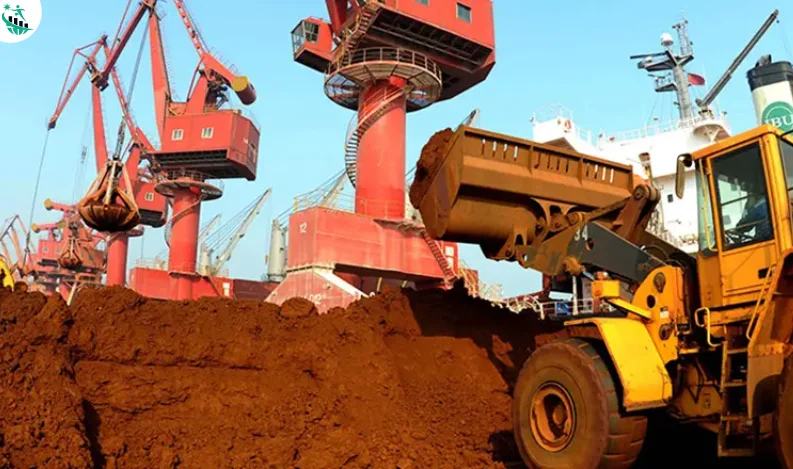
China’s Rare Earth Curbs Hit European Firms Hard
Beijing — European businesses are warning of mounting losses as China maintains strict controls on rare earth exports. The European Chamber of Commerce in China said one of its members has already lost “millions of euros” due to the curbs, with others facing growing uncertainty over access to the critical minerals.
The chamber declined to identify the affected company but stressed that many firms remain unclear about the licensing process. Rare earths, vital for products ranging from electric vehicles to semiconductors, remain under Beijing’s tight grip. China produced more than two-thirds of the world’s supply in 2024 and holds nearly half of global reserves, according to the U.S. Geological Survey.
Since last year, Beijing has stepped up restrictions, requiring exporters to prove shipments will not be used for military purposes. Only single-use export licenses are being issued, following a trade truce with Washington in May. Businesses say approvals briefly picked up in June and July but have since become harder to obtain.
Volkswagen said its supply chain is secure for now, noting that suppliers are working to secure the necessary permits. But the European chamber warned that licenses alone do not guarantee steady access, raising the risk of shortages later this year. Nearly half of the European Union’s rare earth imports came from China in 2024, followed by Russia and Malaysia.
The squeeze on rare earths adds to wider challenges for international companies in China. Business confidence has fallen sharply since the pandemic, with many firms diverting planned investments to Southeast Asia. Surveys by chambers of commerce in both Shanghai and Beijing highlight declining optimism about long-term prospects in the country.
The European chamber said it will brief EU policymakers in Brussels next week. Its annual report urged Beijing to tackle structural problems such as industrial overcapacity and to give private companies more room in sectors where state firms dominate.
China’s leaders are due to meet in October to draft the next five-year plan for 2026 to 2030. For European businesses, the outcome of those discussions could shape market conditions for years to come.



Recent Comments:
No comments yet.